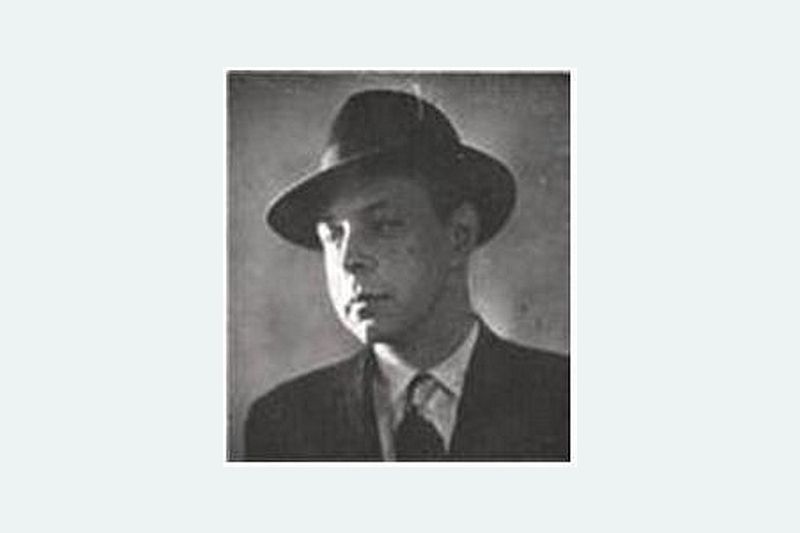LGBTQ Heroes: Adam de Hegedus
The gay man who wrote a groundbreaking queer novel.

First published in 1953, the story of The Heart in Exile is, in many ways, classic crime fiction – Julian Leclerc, a handsome and talented young barrister, has been found dead of an apparent overdose of sleeping pills. The verdict is accidental death, but his fiancée, Ann Hewitt, suspects there’s something more to the story. As the grieving woman recounts the details of Julian’s tragic end to psychiatrist, Dr Tony Page, he listens with acute interest – but not for the reason she thinks. Years earlier, he and Julian had been lovers, and now, disturbed by the circumstances of his friend’s demise, Tony sets out to uncover the truth. His quest will take him from the parties and pubs of the gay underworld of 1950s London to Scotland Yard and the House of Commons as he uses his shrewd and penetrating insight to find who or what was responsible for Julian’s death. But he discovers more than he bargained for – about Julian, and himself.
At the time that it was published, The Heart in Exile was groundbreaking – the first gay detective story published in the UK.
Rodney Garland was the pseudonym of Adam de Hegedus. Born in Budapest in 1906, de Hegedus came from a middle-class, intellectually inclined family and originally intended to pursue a life in the Hungarian diplomatic service. Visiting London on a short stay in 1927, he decided instead to follow a career in journalism, and, after a stint in Paris, he returned to London and settled permanently.
De Hegedus served briefly in the Second World War before a nervous breakdown led to his discharge. Afterwards, he worked as a van driver and resumed his writing career. Under his own name, he published several volumes of autobiography, fiction, and nonfiction, but none of his other writing was as successful as The Heart in Exile – which was published in both the UK and the US and was reprinted several times. It’s believed that De Hegedus committed suicide in London in 1958.